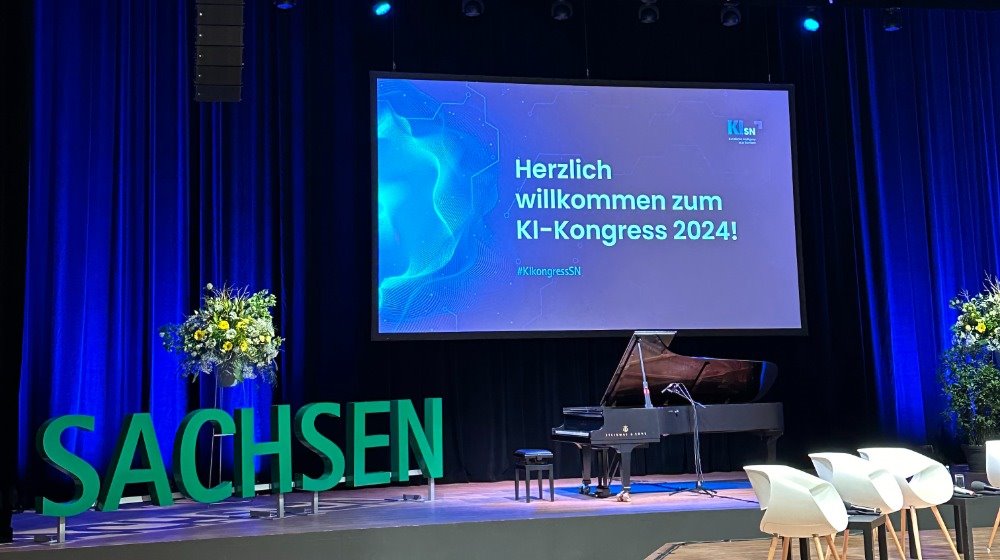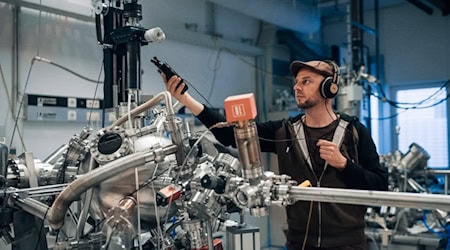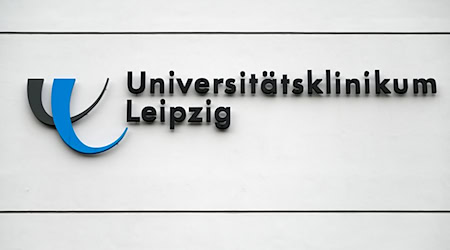In the age of digital transformation, in which artificial intelligence (AI) is increasingly being integrated into our daily lives, the question of ethical responsibility is becoming more and more important. The Free State of Saxony is planning to take on a pioneering role in the ethical regulation of these technologies with a public AI Ethics Advisory Board. This is to be set up in the next legislative period. At the 3rd AI Congress in Chemnitz, State Secretary Dr. Gesine Märtens and Mirko Paul from SAP emphasized the importance of trust and data protection when dealing with AI. The planned ethics advisory board is intended to act as a public body and strengthen trust in AI technologies.
The importance of ethics in AI
AI systems are powerful tools that have the potential to simplify and improve our lives. However, they can also have unintended consequences if they are used without ethical considerations. Ethics in AI is crucial to ensure that technologies are used fairly, transparently and for the benefit of all. An ethics advisory board can help formulate guidelines to ensure that AI systems adhere to ethical standards and do not disadvantage any social, economic or cultural groups.
Objectives of the ethics advisory board in the Saxon administration
A particular focus of the ethics advisory board will be to integrate AI technologies into the Saxon administration in the best possible and transparent way. This should help to make life easier for citizens by making administrative processes more efficient, accessible and customer-friendly. By integrating AI into public services, the quality of citizen interaction can be improved and administrative action optimized without neglecting the human component and personal data protection.
Limits of AI: The example of the school class
Dr. Märtens provided a striking example that underlines the need for ethical monitoring with the story of a school class from Leipzig that had to fly unplanned from Israel to Cyprus due to the events surrounding 7 October 2023. When the teacher's credit card reached the limit, the automated limit increase would have taken 24 hours - a waiting time that would have been critical in this emergency. This example shows that although AI systems are efficient, they cannot react flexibly enough in certain situations to replace human judgment. The ethics advisory board should consider such cases and develop guidelines that make it possible to prioritize human intervention in cases of doubt.
The ethics advisory board as an authority of trust
The ethics advisory board in Saxony should not only create guidelines, but also act as an authority of trust that informs the public about AI decisions and their foundations. Through transparency and public discussions, understanding and trust in AI technologies can be promoted, which is essential to achieve broad acceptance in society.
Conclusion
The establishment of an AI ethics advisory board in Saxony is a significant step towards addressing the ethical challenges associated with the implementation of artificial intelligence. This body will help to ensure that AI technologies are developed and deployed responsibly, always with an eye to safeguarding the well-being of all citizens and respecting the integrity of human decision-making. At a time when AI is playing an ever-increasing role in our lives, such an ethical framework is essential.










